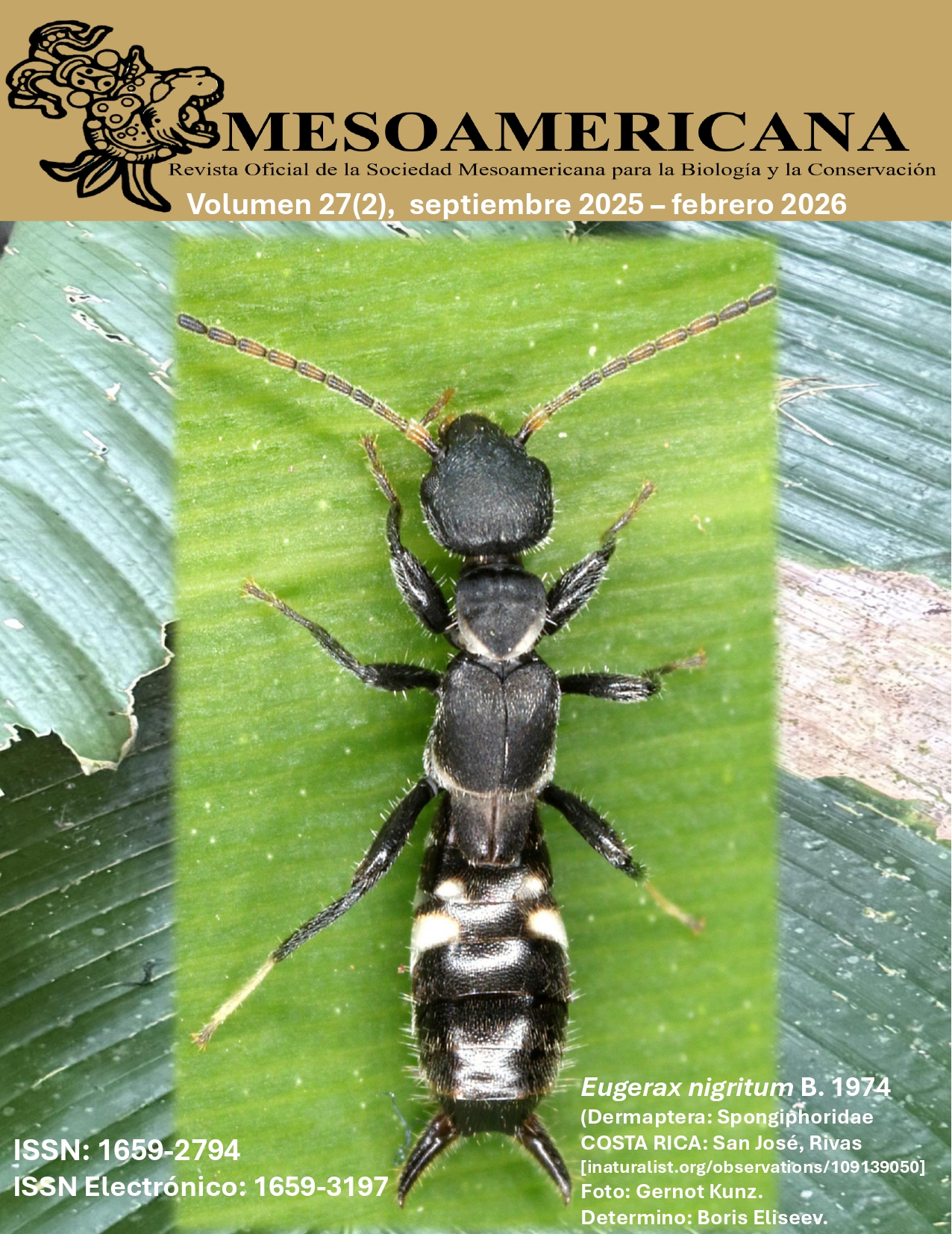

Pig production is one of the main agricultural activities that supplies the global demand for meat. However, it is also one of the regions that generates the greatest environmental impacts, such as soil and water pollution, greenhouse gas emissions and the generation of solid waste. The adoption of Cleaner Production (PML) practices in pig farms is presented as an effective alternative to reduce negative effects on the environment, improve efficiency in the use of resources and optimize economic profitability.
This article analyzes the different PML strategies applied in pig farms, describes the resources and methods used for data collection and presents a detailed analysis of the results obtained. In addition, the benefits, challenges, and possible recommendations for the implementation of these practices at the global level are discussed. The results show that farms that adopt PML practices experience improvements in resource efficiency, reduction of polluting emissions and an increase in profitability in the long term.